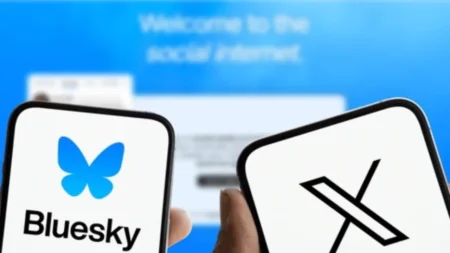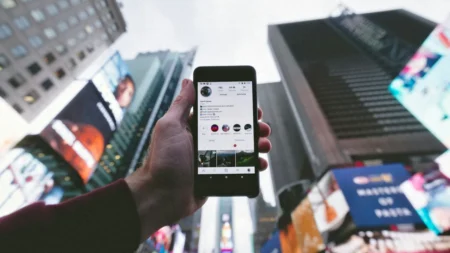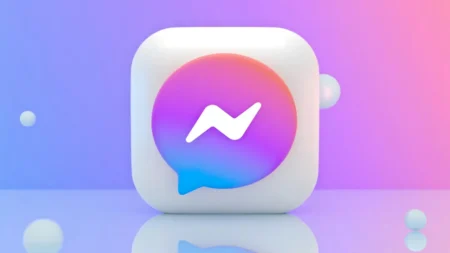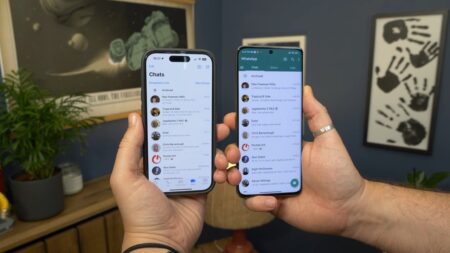The word DTB may be familiar to you if you often use messaging apps or social media. But what exactly is it and when or where to use it? The actual meaning of this term is “Don’t Text Back”. When someone texts or contacts you, you can reply with this word to let them know that you’re busy, upset, or uninterested. Generally, it’s an impolite way to conclude a discussion and shows that you’re not interested in moving forward with the conversation.
The History of DTB
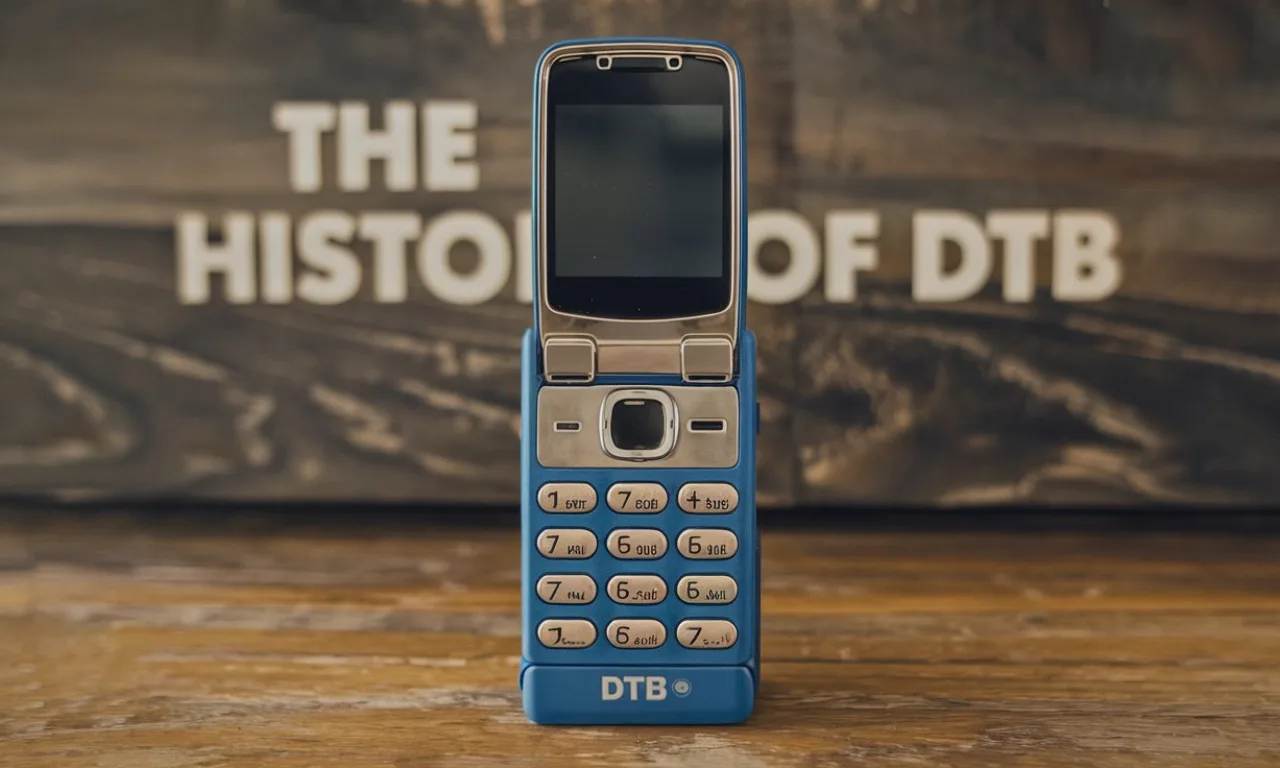
The origin story of “DTB” is kind of a relic from the old days of texting, way back around 2008, or maybe even earlier. This acronym appeared in those years when everyone was texting on their flip mobiles or maybe a first-gen iPhone.
The first time DTB got fame was when someone added it to Urban Dictionary back then. At that time, most people had messaging plans with a limited number of texts. Yes, can you believe that? Paying for each text message. When someone ended a message with DTB, it was their way of saying, “Hey, no need to reply and use up one of your valuable texts.”
As for who came up with this phrase, that’s a mystery. It likely originated from online chat rooms, forums, or early social media platforms. Those were the places where abbreviations and acronyms were the lingua franca — means speaking in shortcuts to save time and thumb energy.
Originally, DTB was a standard of text messages, but now it’s like a digital nomad, wandering through all sorts of conversations on the web. You’ll see it on WhatsApp, Facebook Messenger, Twitter DMs, Instagram… anywhere people are chatting digitally. It’s usually placed at the end of a message like, “I’ll meet you after work. In a meeting, DTB.” It’s pretty good to clarify that you’re not expecting a reply.
Where to Use DTB in Texts?
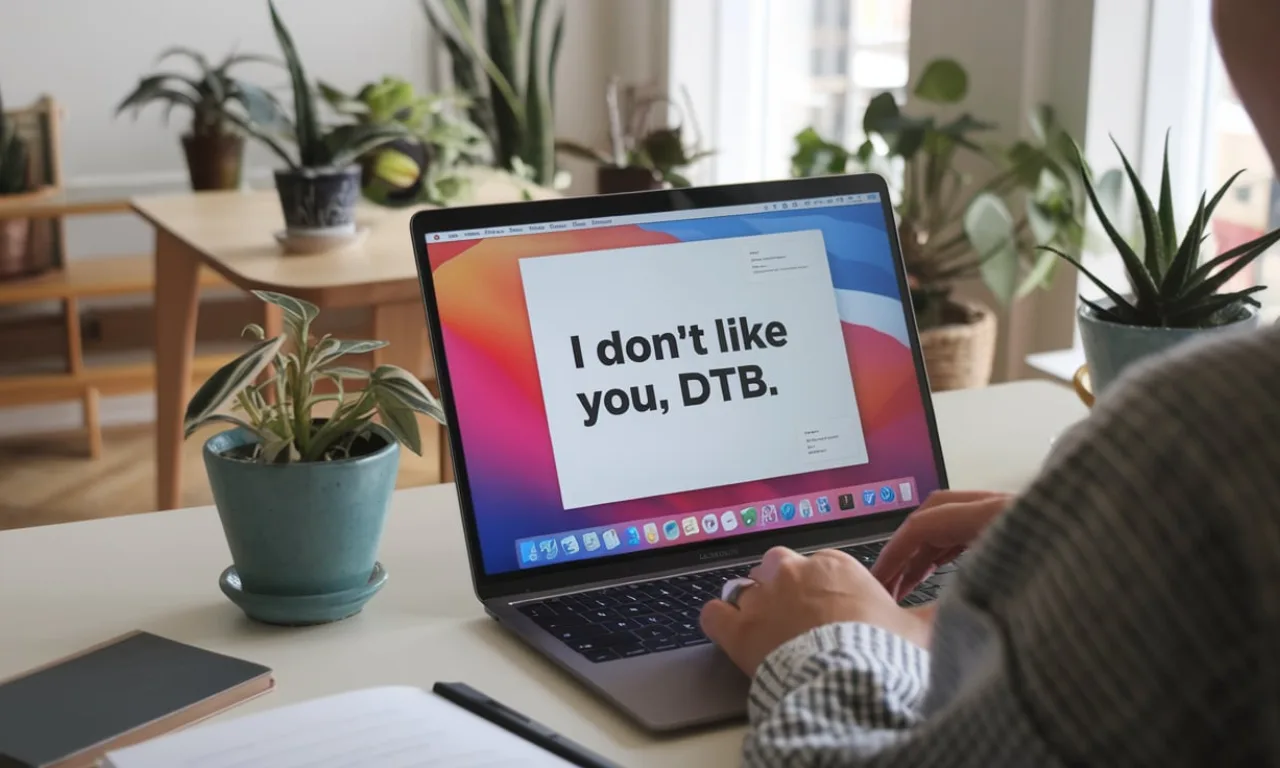
In more casual settings, such as when chatting with friends or leaving a message on social media, you can use DTB. But when you write official or business-related documents like reports, emails, or letters, don’t think about using such internet terms. Moreover, avoid using DTB to text people you care about or want to maintain good relationships with as it could lead to hurt their feelings or create misunderstandings.
Some examples of how to use DTB in a sentence are:
- I’m busy right now, DTB.
- You’re so annoying, DTB.
- I don’t like you, DTB.
- She was so rude to me, I told her to DTB.
- He kept texting me, so I finally said DTB.
Below are some alternatives to DTB that you can use if you wish to politely request that someone stop messaging or contacting you:
- I’m sorry, I can’t talk right now.
- I need some space, please don’t text me.
- I’m not interested, please leave me alone.
- I have to go, talk to you later.
- I don’t think we have anything in common, let’s end this conversation.
What is DTB on Tiktok?
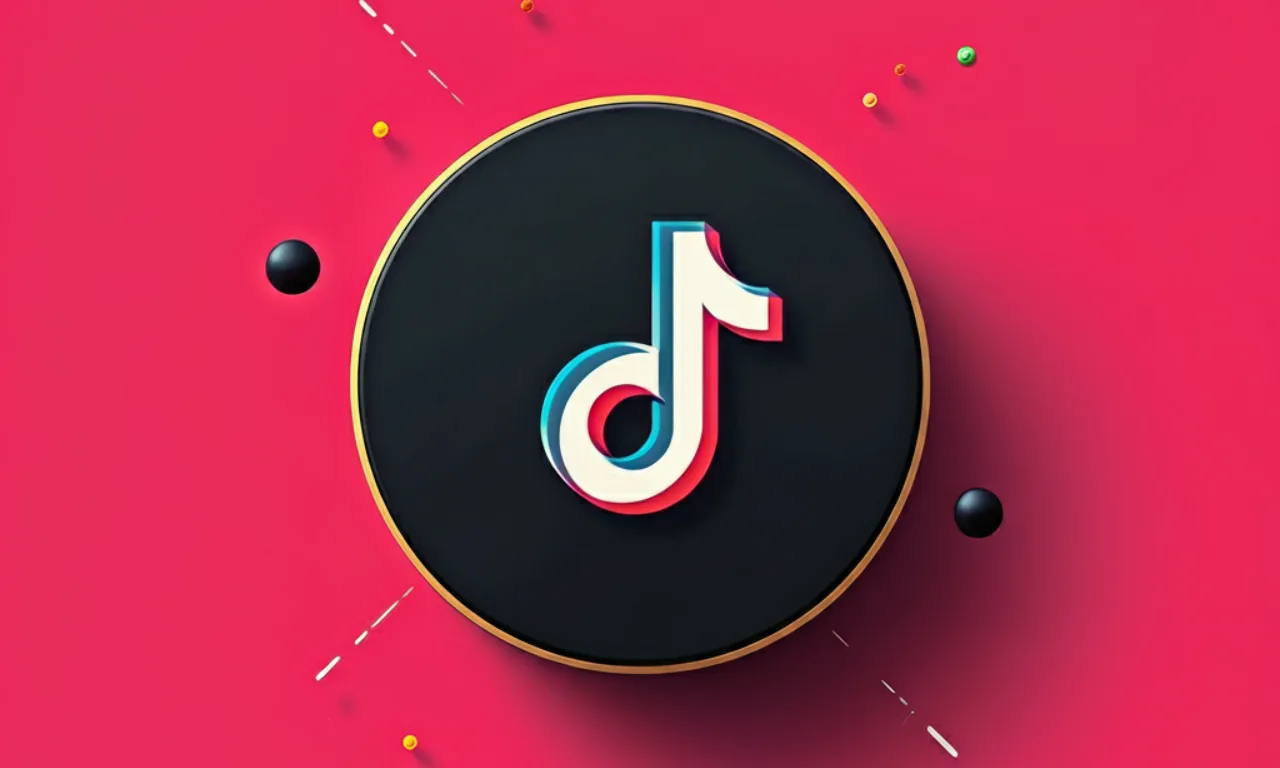
DTB on TikTok can mean “Don’t Trust Boys” or “Don’t Trust Bhes” (with “Bhes” being a slang term), depending on who’s using it and in what context. It’s a way to express caution or distrust, especially in the context of dating and relationships. You know how it is, someone gets their heart broken, and suddenly it’s DTB all over their TikTok feed.
The DTB trend blew up thanks to Julius Dubose, better known as A Boogie Wit da Hoodie. He dropped the song in 2020 called “DTB 4 Life,” and the lyrics have him going, “I’m DTB forever, on God.” This song caught fire on TikTok, turning into a sort of anthem for those who felt let down by their romantic experiences. But women and people attracted to men flipped the script. They started using DTB to mean “Don’t Trust Boys,” kind of like a clapback or a way to join in on the trend but from their perspective.
On TikTok, #DTB is a massive trend with over 500 million views. You’ll see it in hashtags, captions, videos… basically, it’s a popular way for people to share their relationship woes or cautionary tales about why you shouldn’t trust boys or b***hes. It’s worth mentioning that this term isn’t exactly a polite or respectful phrase, it can rub some people the wrong way and isn’t something you’d want to use in a formal or professional setting.
Instead of using DTB, there are other ways to convey your mistrust or concern towards men or women such as:
- I don’t trust anyone.
- I’m better off alone.
- I’m focusing on myself.
- I’m not looking for anything serious.
- I’m not ready for a relationship.
DTB on TikTok is a classic example of how language and slang evolve on social media – it’s got different meanings depending on who’s using it and in what context.



